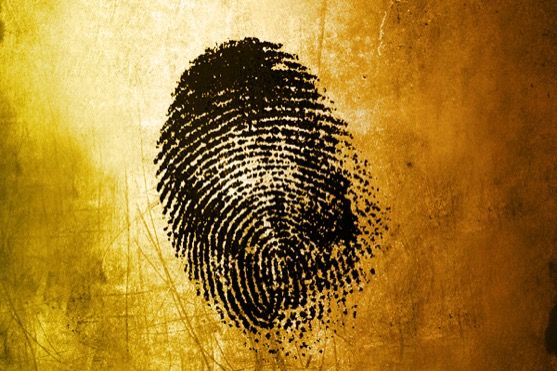To develop a common understanding of digital identity (digital ID), to answer basic questions posed by citizens, consumers, and business leaders alike, and to promote the integration of digital ID into everyday life, Beneva, Desjardins, IDLab, KPMG, TELUS and Videotron published a new whitepaper May 25, coming out against the lack of a formal and meaningful digital ID for citizens in Canada. They say this increases the vulnerability of individuals and organizations to fraud and identity theft. They also cite research showing the use of digital IDs adding to GDP over time.
“The authors of the white paper wish to encourage collaboration between the various actors who will be involved in the implementation of this digital representation of a person and contribute to creating a favourable and safe context for its adoption,” the companies state in an announcement about the publication.
Mathieu Desrosiers, director at Desjardins says the firm supports the creation of a digital ID based on the principles set out in the whitepaper, entitled Peace of mind in the digital age? It’s possible! “The principles give people control over their personal information and make things easier for them. We hope that this white paper will foster collaboration among public and private organizations.”
The white paper on digital ID adds that the authentication and identification process is a cornerstone of economic and civic life, but the process is long, complicated and can be flawed. “The lack of an official ID further exposes people and organizations to fraud, identity theft, and other forms of cybercrime. We must educate people and raise awareness about digital citizenship in order to garner broad support.”
The paper goes on to define, in some detail, what exactly a digital identity is, how it is used in various contexts and principles for its development. It provides a number of user journeys to illustrate a digital ID’s use, discusses the benefits, fraud, the role of private organizations and the growing use of digital ID abroad.
“This is neither a breaking point, nor a revolution,” they conclude. “As we move through the 2020s, digital ID is becoming the right tool to ensure that the identification-authentication process that’s been part of our lives for decades, is simple and secure.”




